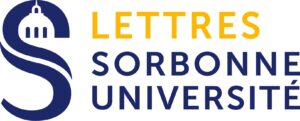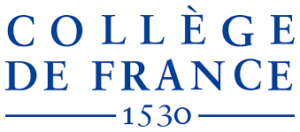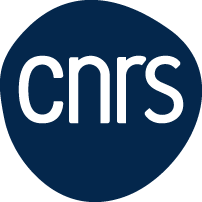Cycle de conférences de Franco Giorgianni
– Les lundi 4, 18, 25 et le mercredi 27 octobre 2021
16, rue de la Sorbonne, Paris
L’équipe Médecine grecque et littérature technique a le plaisir d’accueillir Franco Giorgianni, professeur de langue et littérature grecque de l’Université de Palerme, qui participera aux activités scientifiques du mois d’octobre 2021 et donnera un cycle de quatre conférences sur la médecine grecque antique :
– 4 octobre 2021 – 17h15 – 19h15 – Bibliothèque de l’UFR de grec (16 rue de la Sorbonne, 2e étage)
The classical scholar at work: editing an ancient Greek medical text (Hippocrates, Generation/Nature of the Child).
Based on my personal experience as critical editor of the Hippocratic treatise (= belonging to the Hippocratic Collection) titled Generation/Nature of the Child, I will try to highlight the long-lasting work of editing a classical medical text, considering its several steps and challenges and showing how many expertises are involved in such work, of both technical and individual nature.
– 18 octobre 2021 – 15h – 17h Salle d’épigraphie (16 rue de la Sorbonne, RdCh)
An Introduction to Ancient Greek Medicine (Part I): the Hippocratic Collection and the expertise of the physician from archaism to the classical period .
At the heart of the lecture will be the figure of the Greek physician as an expert, as clearly already emerges from the archaic period (e.g., in the epic poems, the physician is represented together with the seer (mantis) as a demiourgós, i.e. someone who offers his specialized work to the demotic community). The image of the Greek physician as an expert, whose expertise in the age of Pericles could contemplate meteorological, astronomical, rhetorical as well as anthropological knowledge, will be completed through an in-depth evaluation of passages from writings of the Hippocratic Collection.
– 25 octobre 2021 – 15h – 17h Salle d’épigraphie (16 rue de la Sorbonne, RdCh)
An Introduction to Ancient Greek Medicine (Part II): Greek medicine as technical skill (téchne) in the 5th and 4th centuries BC.
The lecture will be focused on the definition of medicine (in Greek iatriké) as technical skill (téchne). This definition became more and more urgent during the 5th century BC, as the Greek physician, settled in the agonistic context of the public arena between patients and other more or less putative experts, claims that his own expertise is quite different from other forms of knowledge, as will emerge from the reading of passages of some Hippocratic treatises (On Expertise, de arte; Airs, waters, places, de aeribus aquis locis). Besides, the high epistemological evaluation of medicine as téchne will be confirmed by later thinkers, particularly Plato.
– 27 octobre 2021 – 16h – 18h Bibliothèque de l’UFR de grec (16 rue de la Sorbonne, 2e étage)
The art of medicine in Byzantium: the case of Theophilus Protospatharius (9th-10th century).
Whereas the Latin Middle Ages usually did not read Greek anymore, on the other side the original word by Hippocrates and Galen was still continuously read and transmitted in Byzantium. The lecture focuses on one of the most important physicians of the Byzantine Middle Age, the Theophilus (probably to be dated to the 9th-10th century) who according to some manuscripts is called Protospatharius, i.e. “first swordsman” of the court of the Byzantine empire. Among the various works attributed to him, worth mentioning are the following: the treatise titled “The fabric of the human body” (de corporis humani fabrica), a master treatise on uroscopy (de urinis), and a commentary on the Hippocratic Aphorisms (scholia in Hippocratis Aphorismos). Particular attention will be paid to the way in which Theophilus’ work transmits and interprets the ancient medical tradition.




